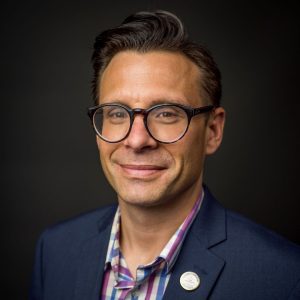Death has a way of bringing life into focus. Over the past year, several of my friends have died. It has been a sobering reality.
As a pastor and ministry leader, bereavement ministry has been a steady part of my work for four decades. But, for the most part, those situations have involved older people dying as part of the natural course of life – with occasional exceptions when a younger person died tragically. It is a new experience when my friends – some who have been with me for 40 years – are passing away. This series of deaths over the past year has been emotionally draining, but also sobering, as they have brought life and death into stark reality.
The death of my friends has refocused me, helping me to evaluate what really matters and why. Life is short and must be lived intentionally, and for Christians, for eternal purposes. We want to invest ourselves in people and, collectively, in movements that make an eternal impact. Being faced with death so many times in the past year has led me to ask hard questions about my commitments and life choices. For the most part, I have been satisfied with the answers. I have lived, with many faults and shortcomings to be sure, sincerely committed to obeying God and living out his priorities. But now, when faced with so many reminders of my mortality, the desire to focus on what really matters has intensified.
I hope your friends are not dying. I would not wish that pain on anyone. But perhaps it would be helpful if you occasionally reflected on the brevity of life, the inevitability of your death, and allowed those sobering realities to focus your choices. Those reflections may provide new motivation to obey God, influence people, and invest in movements that will make an eternal difference long after you are gone. These sobering motivations, not morbid or depressing thoughts, will help you focus on living your life to the fullest until it comes to an end.
The Bible says life is a vapor (James 4:14) and death is inevitable (Heb. 9:27). That’s not depressing because it motivates us to make eternally-focused choices (Phil. 1:27). And, like my friends have experienced, reflecting on this also reminds us death is our ultimate victory (Phil. 1:21).
Life is short, heaven is long. Let’s live like it today.

Hope in Suffering
Gateway student Matt Bodden is an evangelist who is ready to answer the question of suffering with the gospel.

The Gateway Journal of Theology Inaugural Issue
Read all new articles in the inaugural issue of The Gateway Journal of Theology.

Lessons from Twenty-Five Years of Preaching God’s Word
I am unashamedly an expository preacher. My first sermon, however, was not.




